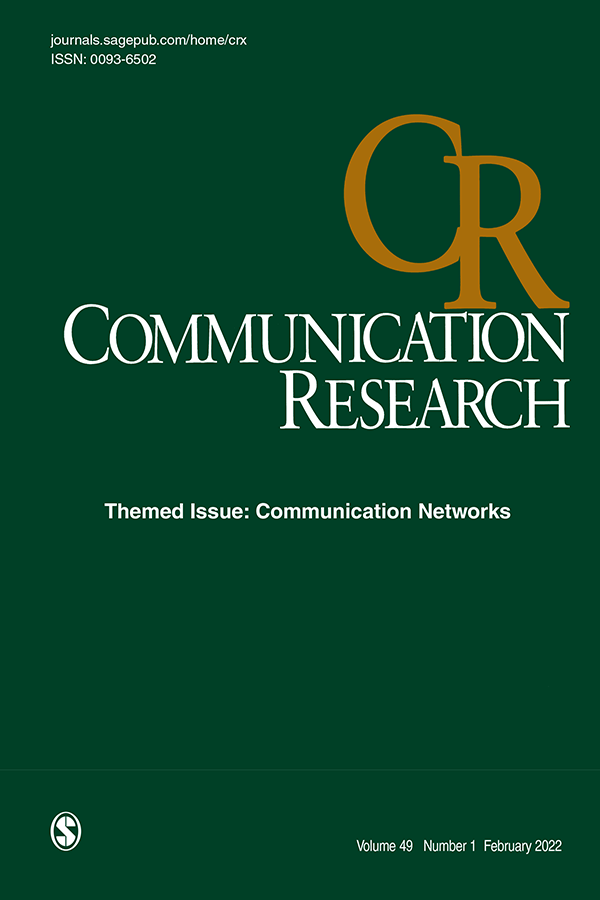对抗错误信息危机:媒介素养干预的特征和有效性文献的系统回顾
IF 3.2
1区 文学
Q1 COMMUNICATION
引用次数: 0
摘要
由于当前媒体环境中错误信息的普遍存在,迫切需要有效的媒体素养干预措施,以广泛保护人们免受其负面影响。然而,这些干预措施并不总能产生预期的效果,因此需要更好地了解影响其效果的因素。因此,我们按照PRISMA检查表对80项实验研究进行了系统的文献综述。有趣的是,研究结果表明,干预效果更多地取决于目标结果变量,而不是特定的干预特征。值得注意的是,大多数干预措施成功地提高了用户检测错误信息的能力,可能是因为许多干预措施是专门为这一目标而设计的。然而,它们对说服结果(如态度)的影响更加不一致,这表明改变这些结果可能需要不同的或额外的策略,而不是错误信息检测训练。基于这些发现,我们对未来的研究提出了一些建议,并建议制定更有效的媒体素养干预措施。本文章由计算机程序翻译,如有差异,请以英文原文为准。
Combatting the Misinformation Crisis: A Systematic Review of the Literature on Characteristics and Effectiveness of Media Literacy Interventions
Due to the prevalence of misinformation in current media environments, there is an urgent need for effective media literacy interventions that broadly protect people from its negative effects. However, such interventions do not always have their desired impact, calling for a better understanding of the factors influencing their efficacy. Therefore, we conducted a systematic literature review on 80 experimental studies, following the PRISMA checklist. Interestingly, findings suggest that intervention effectiveness depended more on the outcome variables targeted than on specific intervention characteristics. Notably, most interventions successfully improved users’ ability to detect misinformation, likely because many were specifically designed with this goal in mind. However, their effects on persuasive outcomes (e.g., attitudes) were more inconsistent, suggesting that changing such outcomes may require different or additional strategies beyond misinformation detection training. Based on these findings we propose several suggestions for future research and recommendations for developing more effective media literacy interventions.
求助全文
通过发布文献求助,成功后即可免费获取论文全文。
去求助
来源期刊

Communication Research
COMMUNICATION-
CiteScore
17.10
自引率
0.00%
发文量
20
期刊介绍:
Empirical research in communication began in the 20th century, and there are more researchers pursuing answers to communication questions today than at any other time. The editorial goal of Communication Research is to offer a special opportunity for reflection and change in the new millennium. To qualify for publication, research should, first, be explicitly tied to some form of communication; second, be theoretically driven with results that inform theory; third, use the most rigorous empirical methods; and fourth, be directly linked to the most important problems and issues facing humankind. Critieria do not privilege any particular context; indeed, we believe that the key problems facing humankind occur in close relationships, groups, organiations, and cultures.
 求助内容:
求助内容: 应助结果提醒方式:
应助结果提醒方式:


